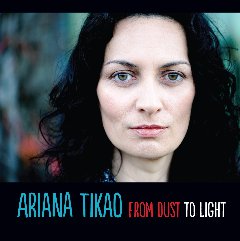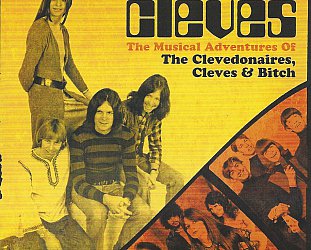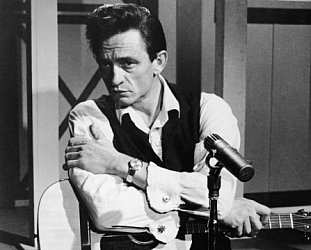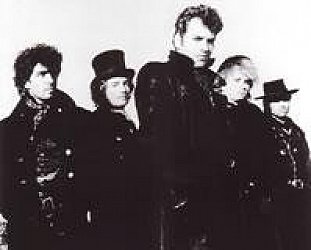Graham Reid | | 1 min read
Ariana Tikao: Oxygenated

The much acclaimed Tikao presents a pleasant style which might be called te reo-folk as it has its roots in the Maori language and tikanga but is equally at home with the acoustic guitar folk tradition.
On this, her third album, the music is light, stripped back and simple, reverts to the customary reggae lope in a couple of places and . . .
And to these ears anyway, barely grips with songs which appear to have greater depth and meaning than they present. To get that dimension you need to read the liner notes about what prompted them. That is a failing.
Espresso for example -- a slight, jaunty piece with ambiguous lyrics -- is about her coffee addiction (doesn't sound like it) and a friend who took her own life in 2003 (again, that isn't evident unless a reference to tears is all that need be said).
In other places the lyrics don't seem to make much sense: "Like a fundamental truth I must go" on Oxygenated about lovely landscapes she has encountered. Do fundamental truths "go"? I would think the opposite.
There is no doubting her sincerity on songs like Te Heke, Something to Give and Let There Be Light (the latter dedicated to the people of Christchurch) but despite interesting and discreet musical embellishments (taonga puoro, electronics, bird song, violin) and her pure vocals, these songs rarely rouse themselves from the same sensitive frequency and the melodies are constrained. The backings do all the work in making them discrete.
It is very nice and undeniably pleasant, unequivocally worthy and well intentioned, and often quite beautiful. But -- aside from Te Haeata, Ka Roimata and the whispery mood piece Purveyor of Light -- very little here is as moving as I think it was intended to be.
Like the sound of this? Then check out this.







post a comment